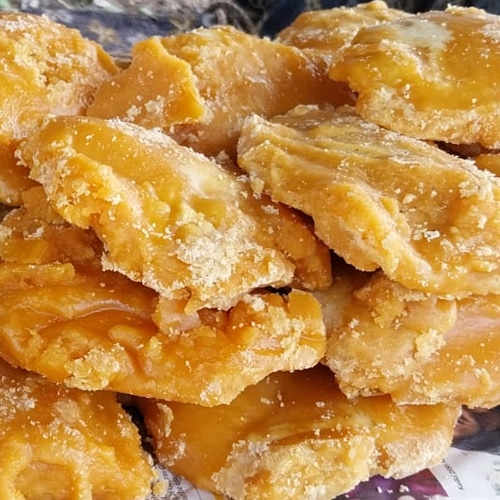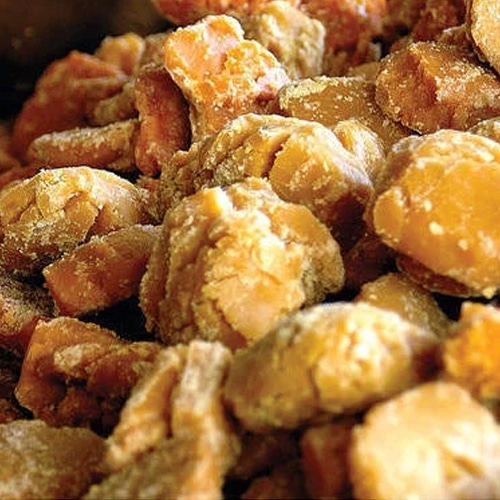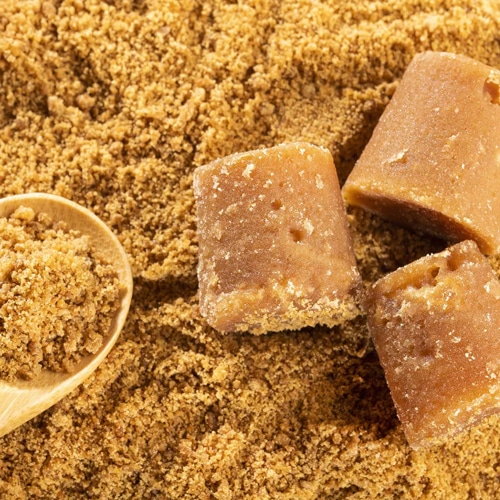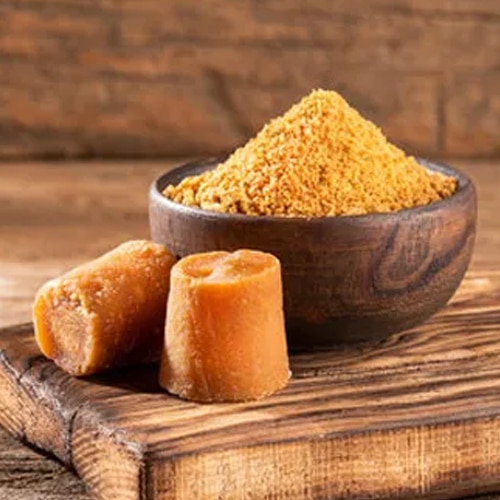
Diverse jaggery varieties reflect the rich agricultural heritage and culinary traditions of India. Known for its natural sweetness and health benefits, jaggery is derived from sugarcane and date palms, offering a range of flavors, colors, and textures. The most common varieties include cane jaggery, which is usually golden-brown and has a rich, caramel-like flavor, and date jaggery, characterized by its darker color and a more robust taste.
In addition to its flavor diversity, jaggery is celebrated for its health benefits, being a natural source of vitamins and minerals. It is often preferred over refined sugar for its less processed nature and lower glycemic index, making it a healthier choice for sweetening. The increasing awareness of organic and natural foods has led to a growing market for diverse jaggery varieties, appealing to health-conscious consumers worldwide.
ITC(HS) Code/Service Code





Export Destinations and Market Trends
The global market for jaggery has seen significant growth in recent years, driven by the increasing demand for natural and organic sweeteners. India, being the largest producer and exporter of jaggery, exports a considerable volume to countries like the United Arab Emirates, Saudi Arabia, and the United States. The preference for traditional sweeteners in these regions, coupled with the growing health consciousness among consumers, has positioned jaggery as a popular choice for culinary applications and health products.
Market trends indicate a shift towards organic jaggery, as consumers are becoming more aware of the health benefits associated with less processed foods. The rise in vegetarian and vegan diets has also contributed to the demand for plant-based sweeteners like jaggery, which is seen as a healthier alternative.
Quality Standards and Certifications
Quality standards and certifications are essential for ensuring that products meet specific safety, health, and environmental regulations, particularly in the food export sector. For jaggery, maintaining high quality is crucial to meet both domestic and international market demands.
To access international markets, jaggery exporters often need to comply with specific regulations set by importing countries. This may include quality assessments based on factors like color, texture, moisture content, and flavor.
